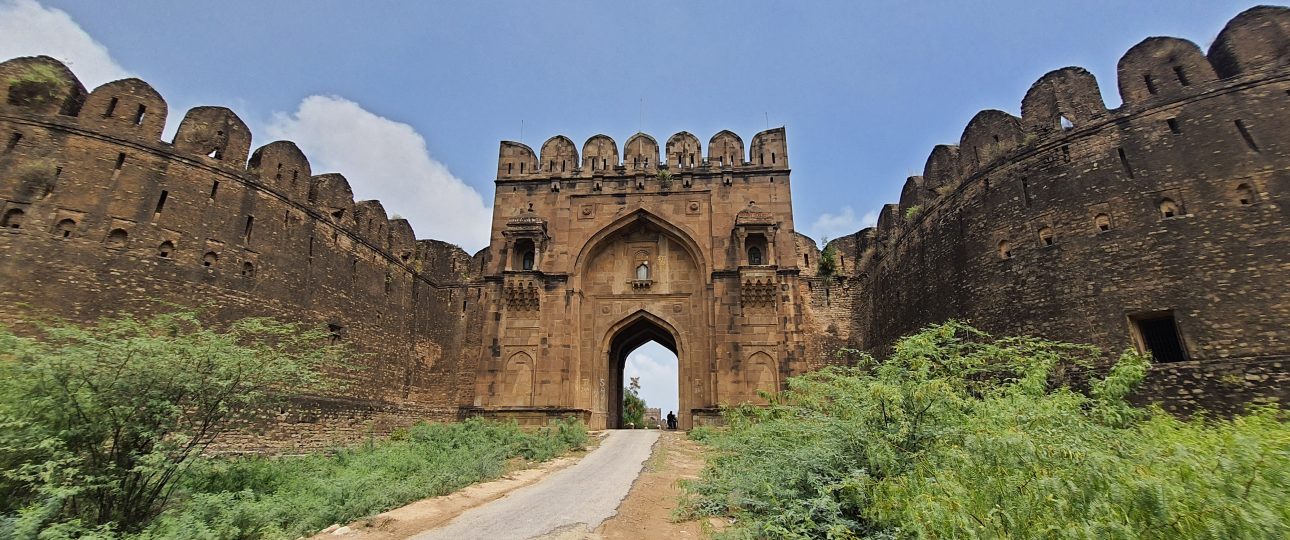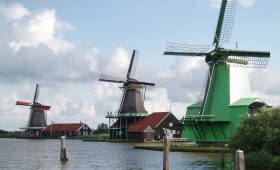Exploring Rohtas Fort: A Journey Through History
History and Significance
Rohtas Fort, also known as Qila Rohtas, stands as a monumental testament to the strategic military architecture of the 16th century. Built by Sher Shah Suri after his victory over the Mughal emperor Humayun in 1541, the fort was designed to secure control over the region and deter potential threats. Its robust construction has withstood the test of time, remaining intact and never conquered by force. This fort is recognized as a UNESCO World Heritage Site, highlighting its exceptional value and preservation.
Architectural Highlights
Spanning over 70 acres, Rohtas Fort is encircled by walls that stretch more than 4 kilometers, punctuated by bastions and grand gateways. As you explore, you’ll encounter several noteworthy structures that reflect the fort’s historical and architectural significance.
Haveli Man Singh
Upon entering the fort, the Haveli Man Singh captures attention with its intricate carvings and architectural finesse. This palace within the fort complex offers a glimpse into the opulence of the era.
Shahi Mosque
The Shahi Mosque, an exquisite example of early Muslim architecture, features intricate marble work and calligraphy. The mosque’s serene atmosphere, especially during prayer times, provides a peaceful retreat amidst the fort’s grandeur.
Rani Mahal
The Rani Mahal, or Queen’s Palace, once housed royal women. Its frescoes and delicate artwork offer a window into the past, showcasing the artistic skills of the craftsmen of that time.
Hathi Pol
The Hathi Pol, or Elephant Gate, serves as the main entrance to the fort. Its massive structure and detailed carvings of elephants make it a striking feature, evoking images of historical processions that once passed through.
Best Time to Visit
Plan your visit between October and March when the weather is cooler and more comfortable for exploring. Avoid the summer months, as temperatures can be extremely high, making outdoor activities challenging.
Getting There
Rohtas Fort is located in the Jhelum district of Punjab, Pakistan. The nearest major city is Islamabad, approximately 3-4 hours away by road. You can hire a taxi or take a local bus from Islamabad to reach the fort. Be prepared for potential traffic delays.
Exploring the Fort
The best way to experience Rohtas Fort is on foot. Wear comfortable shoes and bring a water bottle to stay hydrated. The fort’s vastness requires some walking, so be ready for a bit of a trek. Consider hiring a local guide to enrich your visit with historical insights and stories.
Summary of Facts
- Constructed by Sher Shah Suri in 1541 after defeating Mughal emperor Humayun.
- Recognized as a UNESCO World Heritage Site for its historical and architectural significance.
- Features include Haveli Man Singh, Shahi Mosque, Rani Mahal, and Hathi Pol.
- Best visited from October to March due to favorable weather conditions.
- Located in Jhelum district, approximately 3-4 hours from Islamabad.
- Exploration on foot is recommended, with local guides available for hire.




